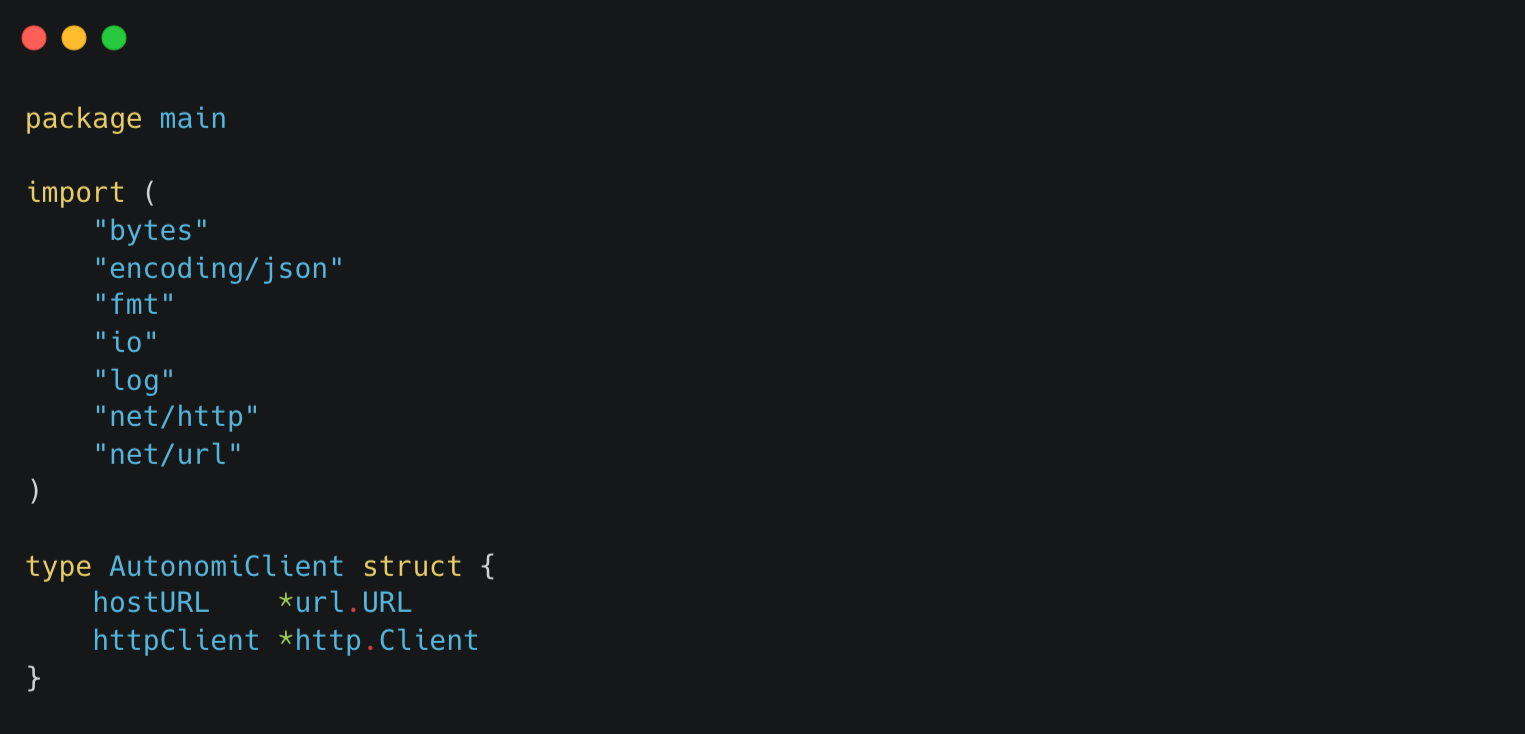Powering scalability with InterCloud Autonomi
Managing communication and integration across cloud-native platforms, multicloud setups, and microservices architectures can be a daunting task. How do you ensure seamless interaction and scalability in such complex environments? REST API provides the solution. By offering a lightweight, stateless framework, it decouples clients and servers, allowing front-end and back-end systems to evolve and scale independently. This flexibility not only drives innovation but also streamlines workflows, ensuring efficient integration. With the InterCloud Autonomi API, businesses can effortlessly facilitate the growth of microservices, SaaS solutions, and cloud services, supporting the intricate, interconnected nature of modern digital ecosystems while maintaining precise control over cloud resources.
The InterCloud Autonomi Platform REST API
The InterCloud Autonomi Platform features a powerful REST API designed for efficient resource and service management. Built on REST principles, the API uses resource-oriented URLs that integrate smoothly into existing workflows. The InterCloud Autonomi API requests and response bodies are formatted in JSON format. Additionally, the InterCloud Autonomi API provides flexibility through SDKs (Software Development Kits), allowing developers to integrate various tools easily, creating a comprehensive framework for managing and automating complex cloud networks.
Why InterCloud Autonomi REST API is the go-to solution for modern applications
Several key features make the InterCloud Autonomi REST API an essential tool for modern cloud architectures:
- Statelessness: Each API request is independent and must include all the information necessary for processing, eliminating the need for the server to store client session data. This enhances scalability and simplifies architecture.
- Client-Server Architecture: REST separates the user interface (client) from data storage and logic (server), improving flexibility and portability of applications.
- Uniform Interface: REST APIs use standardized HTTP methods like GET, POST, PUT, and DELETE, ensuring predictable and consistent interactions between systems.
InterCloud Autonomi REST APIs capabilities
Authentication: Secure access is managed through Personal Access Tokens (PATs), ensuring that only authorized users can interact with the platform. PATs offer a secure and efficient method for authentication, reducing vulnerabilities associated with traditional login-password methods.

Golang API Login Request - Click to reveal the full screenshot
Alternatively, developers can use REST clients like Insomnia to visually configure and test API calls, simplifying authentication processes without the need for manual coding.

Error handling: The InterCloud Autonomi API offers comprehensive error management with standardized codes, providing clear, detailed messages that simplify debugging and enhance system reliability. The API supports both synchronous and asynchronous error formats, ensuring precise feedback on each issue. Success codes (2xx) confirm operations, while client (4xx) and server (5xx) errors indicate specific problems, enabling efficient troubleshooting.

Synchronous error

Asynchronous error
Microservices integration: The InterCloud Autonomi API is designed with modular components—such as user management and workspace management—ensuring that each microservice performs its function independently. This modularity enhances scalability and simplifies maintenance, allowing developers to manage individual components without impacting the entire system.
Basic guidelines and rules of the InterCloud Autonomi API
The InterCloud Autonomi API follows best practices and standard conventions to ensure consistency, scalability, and ease of use for developers. Below are the key guidelines and rules that structure its design and implementation:
URLs and Resource Paths:
- All API calls are accessible under the root path: api.autonomi-platform.com.
- Resource identifiers follow the UUID format ([0-9a-fA-F]{8}-[0-9a-fA-F]{4}-[0-9a-fA-F]{4}-[0-9a-fA-F]{4}-[0-9a-fA-F]{12}) to ensure unique identification of resources.
- Example endpoint for retrieving an account: GET /v1/accounts/[UUID].
JSON Payload Standards:
- The API uses JSON as defined by RFC 7159, following the application/json media type and specific custom JSON media types for API interactions.
- Array names are pluralized to indicate they contain multiple values, while object names remain singular
- Property names follow camelCase formatting (e.g., accountId, createdAt) for consistency.
Pagination:
- Endpoints that return lists of data support pagination to prevent server overload and reduce client-side data handling challenges.
- Pagination details are provided in headers:
- Request Header Example: To retrieve a single workspace: Range: v1/accounts/{accountId}/workspaces=0-0.
- Response Header Example: The response includes information like:
- Accept-Ranges: v1/accounts/{accountId}/workspaces
- Content-Range: v1/accounts/{accountId}/workspaces 0-0/10
- In the 0-0/10 format:
- The first number (0) represents the offset.
- The second number (0) is the index.
- The final number (10) indicates the total number of objects available in the database.
These guidelines are designed to maintain a consistent API structure, making it easy for developers to navigate and integrate with the InterCloud Autonomi platform seamlessly.
Key benefits of scripting on top of InterCloud Autonomi Platform REST APIs
Scripting on top of the InterCloud Autonomi API provides several advantages:
- Seamless multicloud connectivity: Automate cloud connections across various providers to ensure consistent performance and reliability.
- Ease of integration: Predictable resource URLs and token-based authentication make it easy to incorporate the API into existing workflows.
- Scalability: The API is designed to handle high request volumes, making it ideal for large-scale cloud operations.
- Error management: Clear error messages and efficient debugging improve development efficiency. Linked solutions simplify support, while rollback actions keep the environment clean.
- Security: Interactions occur over HTTPS, with access secured by tokens to protect cloud resources.
Streamlining DevOps with InterCloud Autonomi REST APIs
The InterCloud Autonomi REST API is integral to modern DevOps workflows. It empowers developers to automate cloud connectivity management across multiple providers, enhancing efficiency and control over multicloud operations. By leveraging the API, DevOps teams can manage resources programmatically—covering tasks like connectivity, scaling, and provisioning—thus boosting productivity and automating cloud infrastructure. Combined with tools like Terraform, the API seamlessly integrates into Infrastructure as Code (IaC) practices, ensuring automation, consistency, and scalability across cloud environments.
Ready to take control of your cloud connectivity?
Experience InterCloud Autonomi firsthand. Book a personalized demo today and:
- Tour our self-service platform for managing cloud connectivity
- Explore our global network and cloud destinations
- Discuss your specific challenges with our experts
- Learn about pricing and our quick on-boarding process